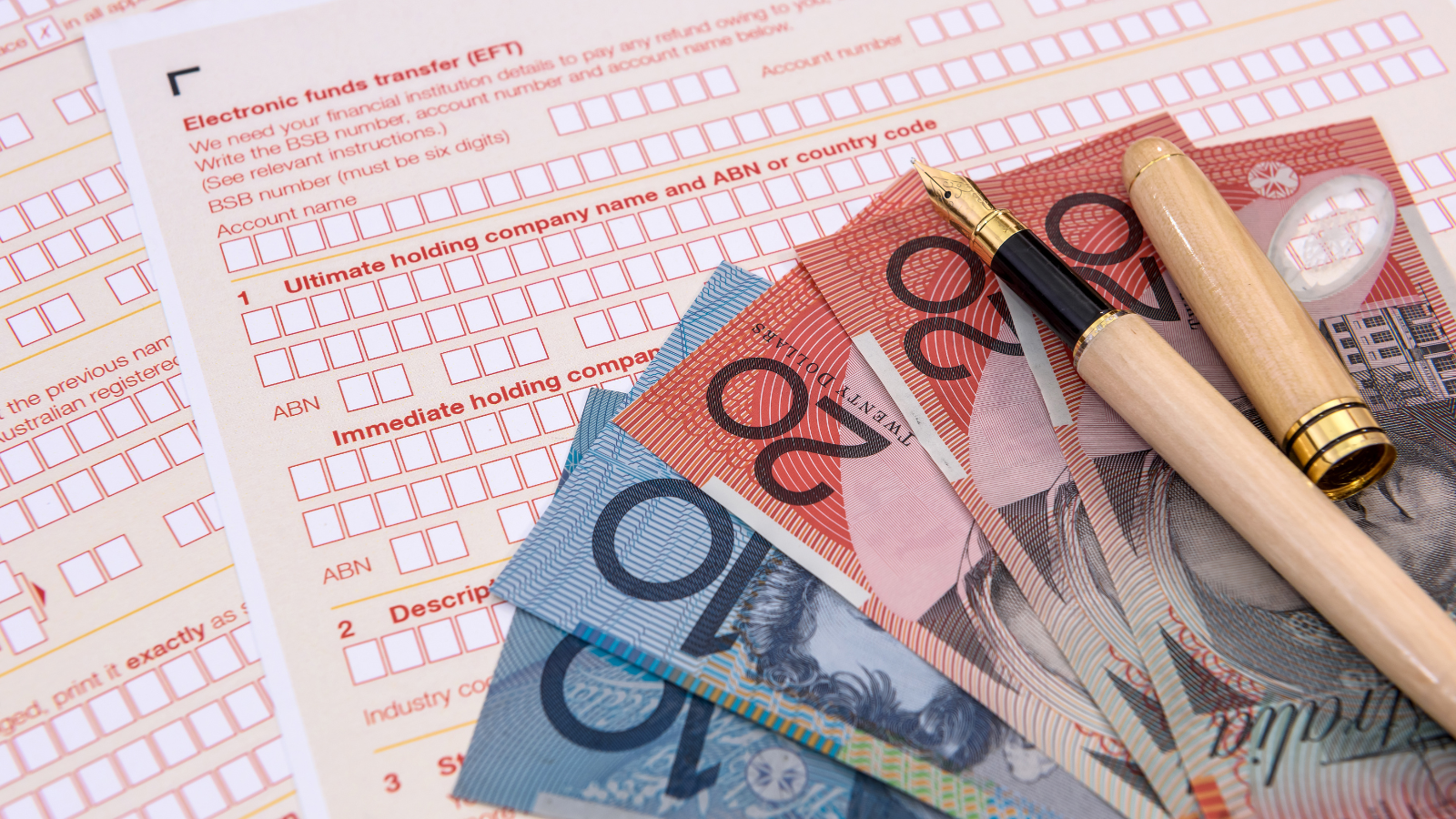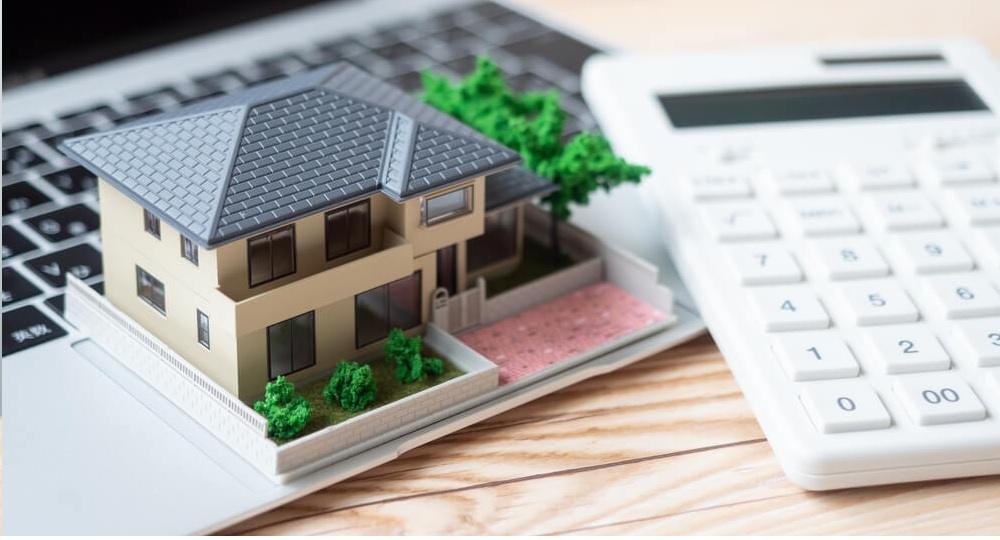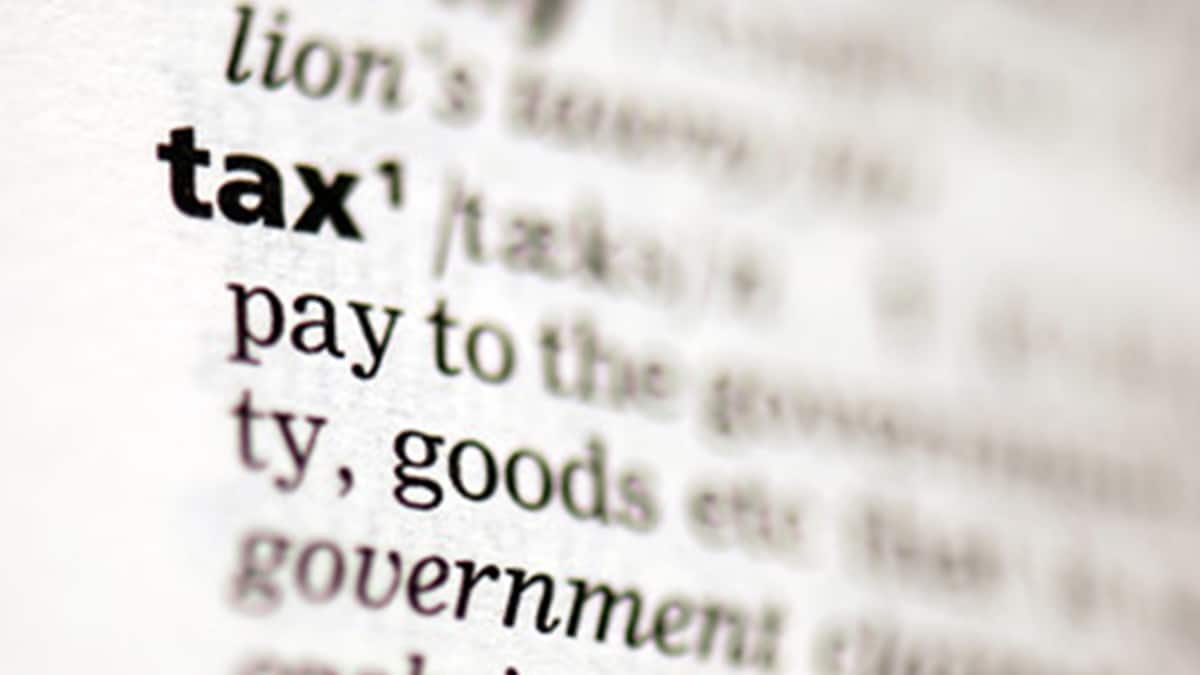Is Rental Income Tax-Free in Australia?
Understanding the Tax Implications of Rental Income
Introduction
Renting out a property can be a lucrative investment opportunity, but it also comes with various financial responsibilities, including taxes. In Australia, many property owners wonder whether rental income is tax-free or subject to taxation. In this article, we will delve into the complex world of rental income taxation in Australia, clarifying the rules, deductions, and exemptions that apply. https://cbdtax.com.au/pricing/
Rental Income: The Basics
Rental income refers to the money you receive from renting out a property you own. This income can come from various types of properties, such as houses, apartments, and commercial spaces. In Australia, the taxation of rental income primarily depends on several factors, including your residency status and the property’s use.
Taxation for Australian Residents
Australian residents are subject to taxation on their worldwide income, which includes rental income. When you rent out a property in Australia, the income you earn from it is generally taxable. However, the good news is that you can deduct various expenses related to the property, reducing your overall taxable income.

Is rental income tax free in Australia?
Deductible Expenses
To minimize your taxable rental income, you can deduct several expenses associated with the property, including:
- Interest on Loans: If you have a mortgage on the rental property, the interest you pay on that loan is deductible.
- Maintenance and Repairs: Costs incurred for maintaining and repairing the property can be deducted.
- Insurance: Premiums for property insurance can be included as deductions.
- Property Management Fees: If you hire a property manager, their fees are deductible.
- Council Rates: Rates paid to the local council can be deducted.
- Depreciation: You can claim deductions for the wear and tear of the property and its assets over time.
- Advertising Costs: Money spent on advertising the property for rent can be deducted.
Non-Deductible Expenses
While many expenses are deductible, there are certain costs that you cannot deduct from your rental income, such as:
- Capital Expenses: Costs for capital improvements, like a major renovation, are not deductible but can be depreciated over time.
- Personal Use of the Property: If you use the property for personal purposes, expenses related to that period are not deductible.
- Travel Expenses: Expenses for traveling to inspect or maintain the property are generally not deductible.
Rental Property Taxation for Non-Residents
If you are not an Australian resident for tax purposes, your rental income from Australian properties may be subject to a withholding tax. The rate of withholding tax varies depending on your residency status and the type of property. Generally, non-residents are subject to a withholding tax rate of 32.5% on their rental income.
GST Implications
The Goods and Services Tax (GST) is a value-added tax in Australia. If you rent out residential properties, you are generally not required to pay GST on the rental income. However, if you provide commercial properties or other taxable supplies, GST may apply. It’s essential to understand the GST rules and consult with a tax professional to ensure compliance.
Tax Planning and Strategies
To optimize your tax situation as a property owner in Australia, consider the following strategies:
- Negative Gearing: Many investors use negative gearing, where the expenses of owning the property exceed the rental income, resulting in a tax deduction.
- Keep Accurate Records: Maintain detailed records of all income and expenses related to the rental property to facilitate accurate tax reporting.
- Consult a Tax Professional: Tax laws can be complex, and it’s advisable to seek the guidance of a tax professional who specializes in rental income and property taxation.
The Main Residence Exemption
If you rent out part of your main residence, you may be eligible for the main residence exemption. This means that the rental income you receive is tax-free if it’s from renting out a part of your primary residence. However, you must meet certain criteria to qualify for this exemption.
Conclusion
Rental income is generally not tax-free in Australia, but property owners can take advantage of various deductions and exemptions to minimize their tax liability. It’s essential to understand the rules and consult with a tax professional to ensure compliance with the Australian tax system. By staying informed and making strategic financial decisions, you can make the most of your rental property investment while meeting your tax obligations.


